
Top Green Tea Brands in India
Green tea has evolved from a niche health drink into a daily wellness companion for millions of Indians. With increasing lifestyle disorders, stress, and digestive
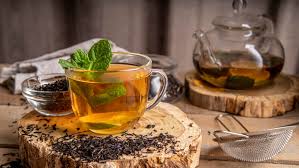
Green tea is one of the healthiest beverages consumed around the world. Tea comes in various forms; the most consumed types are Herbal Green Tea and black tea (commonly called black tea). Although both teas are produced from the same plant, Camellia sinensis, the taste, health benefits, and steeping techniques of each tea are different. In this blog, you’ll learn about the differences between Herbal Green Tea and normal tea, as well as the benefits of each one.
Green tea comes from unoxidized Camellia sinensis leaves that are very rapidly steamed or heated in a pan to a temperature that does not allow for the oxidation of the leaves, primarily to retain their green color but also to keep a higher concentration of antioxidant compounds, like catechins. The taste of Camellia sinensis is usually mild or earthy, and it is usually consumed without milk or sugar. Green tea and its extracts are often praised for boosting metabolism, enhancing brain function, and supporting heart health—but above all, it’s valued as a wellness drink.
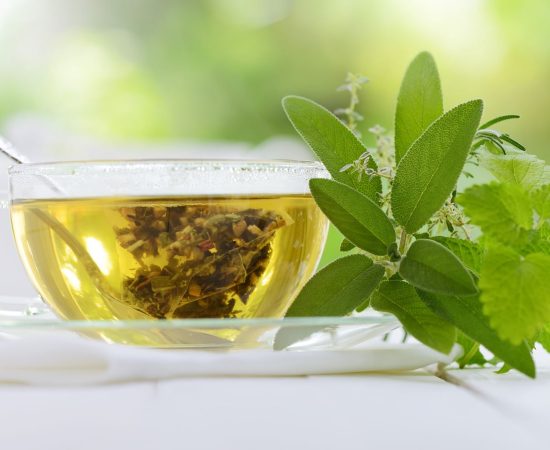
Black tea, also known as regular tea, is made from the fully oxidized leaves of the Camellia sinensis plant. The oxidation process gives black tea its rich color and bold taste. With more caffeine than Herbal Green Tea, it serves as a stronger, more energizing drink. Black tea is generally consumed with spices, or sweeteners, or creamers, and a lot of times in Indian homes or in situations in which spices or sweeteners have become normalized. Black tea is high in flavonoids that are generally considered good for the heart, boost your energy, and improve your alertness, and is still one of the most consumed teas in the world.
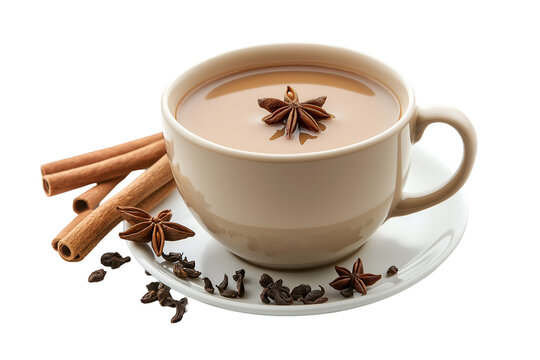
Green tea has high antioxidants and low calories. It aids in metabolism, heart health, brain health, and weight management, promoting both physical and mental health as a result.
Green tea has catechins and a small amount of caffeine in it to help increase fat burning and increase metabolic rate. Together with a healthy diet and exercise, metabolic support can aid in weight management.
Green tea combines L-theanine and caffeine to enhance focus, alertness, and memory. It also creates a calm, clear state of mind without causing drowsiness.
Green tea supports heart health by reducing bad cholesterol (LDL) and enhancing blood flow, which helps lower the risk of heart-related issues. Its antioxidants protect blood vessels, reducing the risk of heart disease and stroke.
Green tea has powerful antioxidants like catechins and polyphenols that can combat free radicals in the body. This is to protect against damage to cells and help to reduce the risk of chronic disease.
The anti-inflammatory quality of Camellia sinensis can help soothe irritations and redness of the skin. Lastly, it can help postpone aging by protecting the skin against damage.
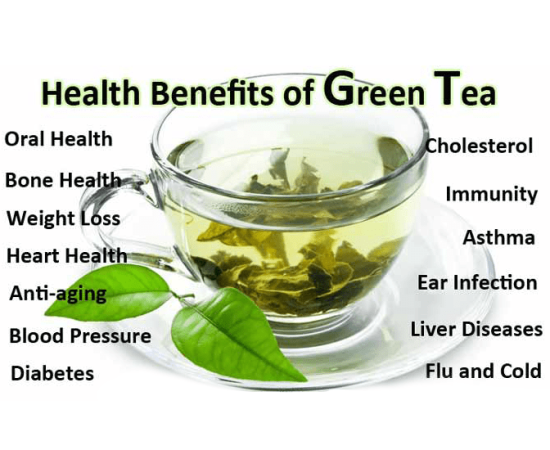
Traditional tea, or black tea, provides many health benefits because it is a rich source of antioxidants while containing moderate amounts of caffeine. Black tea can help increase alertness, provide heart and digestive health, and provide that comforting beverage experience in our lives.
Black tea contains caffeine that helps increase focus, concentration, and energy levels. Stimulating the brain without the strong lurch coffee can bring, offers a nice drink for daily mental productivity.
Black tea has flavonoids that help decrease bad cholesterol and improve the function of blood vessels. Daily consumption can lead to a reduction in the risk of heart disease and a reduction in the risk of stroke.
Black tea consumed after meals can aid digestion and settle your stomach. The natural compounds help to regulate bowel movements and relieve bloating.
Camellia sinensis and herbal tea are both popular for their health benefits, but they are quite different in origin, preparation, and properties.
Green tea is made from the leaves of the Camellia sinensis plant, which is used to make black and oolong tea as well. Herbal tea does not come from a specific plant and is not technically a tea. Herbal tea is combined with leaves, roots, flowers, seeds, or fruits such as mint, ginger, or chamomile.
Green tea contains caffeine by nature, although not as much as coffee or black tea, so it is a mild stimulant. Herbal tea is caffeine-free, so it is a good option for those who don’t like caffeine or are looking for something relaxing.
Green tea is steamed or pan-fired and dried after harvest to prevent it from becoming oxidized (which is how black tea is produced). Camellia sinensis is steamed or pan-fired at high temperatures and only slightly dried to keep it from oxidizing, which keeps it green as the leaves dry and keeps its nutrients present. Herbal tea is usually dried and therefore does not get oxidized in this process. The dried parts of the plant can be any part of the plant as leaves, flowers, stems, seeds, roots, and fruit.
Green tea’s taste is light, earthy, and slightly grassy, but if brewed too long, it can taste bitter. Herbal tea has a wide range of tastes and can be somewhat sweet or floral or spicy, or minty, depending on the ingredients.
Green tea contains a variety of antioxidants, mainly catechins, and has been shown to increase metabolic rate, increase brain function, and promote heart health. Herbal teas can have different benefits, including herbs that calm the mind (e.g., chamomile), calm the stomach (e.g., peppermint), and promote immunity (e.g., tulsi), etc.
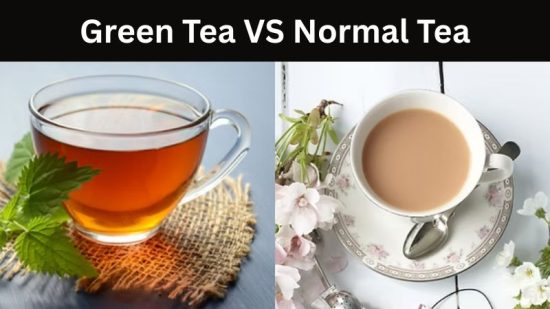
The information provided is for general knowledge purposes only and is not a substitute for professional medical advice. Please consult your healthcare provider before consuming any herbal or green tea products, especially if you have existing health conditions or are on medication. Sneh All in One does not claim to treat, cure, or prevent any disease.
Herbal teas and green teas offer different health benefits and can both add value to your healthy lifestyle. Sneh All in One brings you options from Camellia sinensis, which contains mild caffeine and antioxidants that support metabolism, heart, and brain health. Herbal teas, made from plants and flowers, are caffeine-free and aid in relaxation and digestion. Both support mindful, healthy living—choose what suits you best.

Green tea has evolved from a niche health drink into a daily wellness companion for millions of Indians. With increasing lifestyle disorders, stress, and digestive

Herbal masala tea has long been valued in Indian wellness traditions for its warming nature and health-supporting properties. With the introduction of convenient tea bags,

Modern lifestyles, irregular eating habits, stress, and pollution often disturb digestion, slow down detoxification, and weaken immunity. Incorporating herbal beverages into your daily routine is